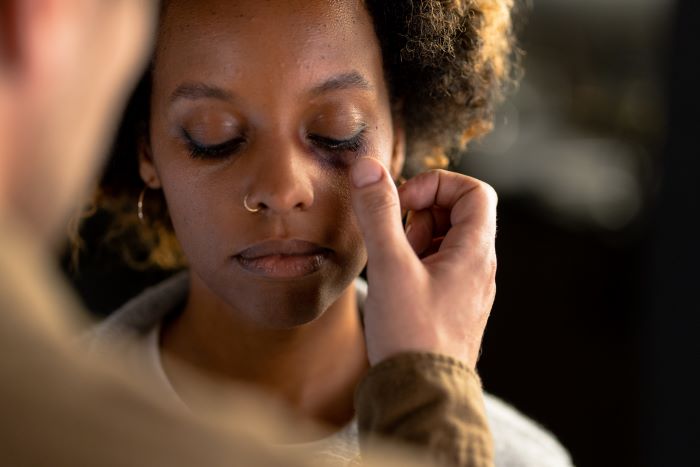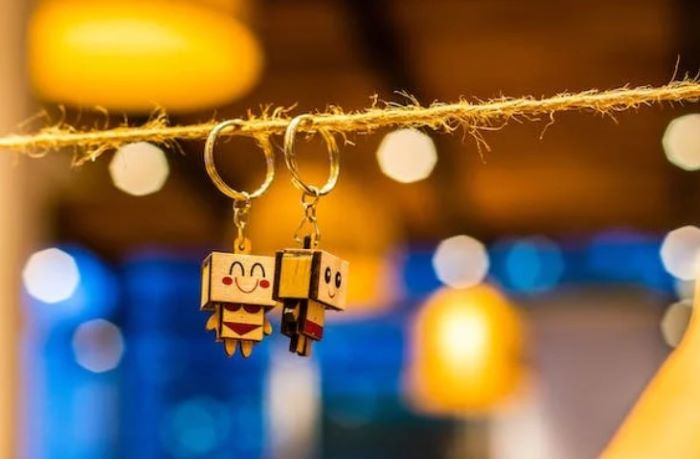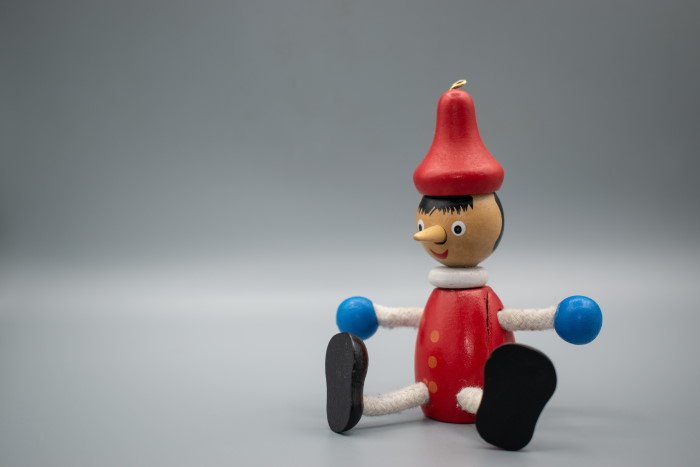Do I Know You from Somewhere? What Draws You and Your Partner or Spouse Together Can Also Split You Apart

Whether you realize or not, the person you chose to be your partner or spouse most likely resembles, in some way, the person who raised us as a child, whether that be through acting in a similar way toward you, or what you may initially perceive as the opposite of your caregiver growing up. For instance, if your mother was extremely overbearing and intrusive in your childhood, you may be most attracted to a mate who seems highly independent. Later in the marriage or relationship, you may realize that what initially attracted you to your “confident” partner starts to feel more like a mate who is distant and aloof. In your marriage or relationship, if you are both curious and motivated to explore your present and past histories, you can actually repair past sensitivities, such as not being understood by your primary caregiver and often feeling alone. The result of this new dynamic between you and your partner or spouse can be that you actually get your needs met, changing your belief about yourself and what you can expect from intimate relationships.
Get Used to It: You are Wired to be Dependent on the Person You Love
We’re all wired to attach to other people, especially those we fall in love with. You depend on your partner or spouse to help you feel better when you’re hurt, afraid, sad, or feel badly about yourself. You did the same thing with your primary caregiver growing up, usually your mother or father, who created a blueprint for your intimate relationships. Just as your parent had the power to help you feel better or make you feel terrible, your partner or spouse also takes that position as the most important person in your adult life to affect your mood (your boss probably comes in a close second, but that is another topic). What makes one couple feel powerfully in love over time, almost always feeling positive sentiments toward each other, compared to a couple who fall in love, but don’t know how to love each other? For the second couple, negative experiences can pile up, they can feel miserable together, and if this isn’t addressed, the left-over issues can end up breaking them apart.
Love is an Addiction
When you fall in love, you feel a sense of euphoria that floods your nervous system with wonderful surges affecting your neurotransmitters in your mind, including dopamine and norepinephrine, similar to chemicals or substances that are addictive (i.e. alcohol, various other drugs). In the beginning of your relationship, you probably talked for hours about your dreams, your histories, and everything in-between. You probably felt that this amazing state with your partner would last forever, not realizing that both of your histories are still very much present in your lives, filtering how you see and experience things in the moment. If you’ve been hurt by prior significant relationships, those fears will most likely come up again, and you may even do things without knowing it that make it more likely that your current partner or spouse will hurt you in a similar way.
What Can You Do to Help Your Marriage or Relationship?
-
Understand the difference between the past and what is actually happening now in your relationship
-
Calm and comfort yourself when you are feeling more intense emotions
-
Try to understand and make sense of what is happening inside yourself and inside your partner or spouse, and work to make sense of your story from your history. How is history different from what you’re experiencing now?
-
Identify and express the response that you need from your partner or spouse that will help you feel better on a deeper level
How Can You Apply this Work to Your Marriage or Relationship?
One example: if you were criticized a lot by your one of your caregivers growing up, you may be extra sensitive to what you perceive as criticisms from you partner or spouse in your current life, even though he or she may simply be expressing disappointment. Inside, you believe that something is wrong with you, so whenever you perceive a slight, you can easily overreact to fight against feeling badly. If you don’t realize the difference between what you experienced with your caregiver when you were younger and what is happening now with your partner or spouse, you can easily react in a strongly defensive way, pushing your partner away and making it more likely that he or she will respond back to you in a critical way (“what is wrong with you?”).
If your partner knows you have this sensitivity, he or she can slow down and focus on responding to you in a way that helps your feel like you matter, that you’re important. Your partner can be filled with compassion and kindness toward you. This response from your partner or spouse can help you feel better, and can actually help heal your core sensitivity, the belief that there is something wrong with you, better than any other approach. This is what the Loving at Your Best Plan excels at: helping couples heal each other individually, and together in marriage and couples counseling.
Sign-up now for eTips and get the latest information on how to help your relationship thrive by completing the form below.
Privacy Policy:We never share your information with third parties. You may easily unsubscribe at any time.

You can read more about how to help save your relationship in Love and War in Intimate Relationships: Connection, Disconnection, and Mutual Regulation in Couple Therapy by Marion Solomon and Stan Tatkin.
Author
-

Travis Atkinson, founder of Loving at Your Best Marriage and Couples Counseling, brings three decades of expertise to relationship healing. Mentored by pioneers in schema and emotionally focused therapies, he's revolutionized couples counseling with innovative approaches. Travis's multicultural background informs his unique view of each relationship as its own culture. He combines world-class expertise with genuine compassion to guide couples towards deeper connection.
View all posts
































































Your point of view caught my eye and was very interesting. Thanks. I have a question for you. https://www.binance.com/ES_la/register?ref=T7KCZASX
Your point of view caught my eye and was very interesting. Thanks. I have a question for you. https://accounts.binance.com/pl/register?ref=YY80CKRN
I don’t think the title of your article matches the content lol. Just kidding, mainly because I had some doubts after reading the article. https://accounts.binance.info/en-IN/register-person?ref=UM6SMJM3
Thanks for sharing. I read many of your blog posts, cool, your blog is very good. https://accounts.binance.com/pt-BR/register-person?ref=YY80CKRN